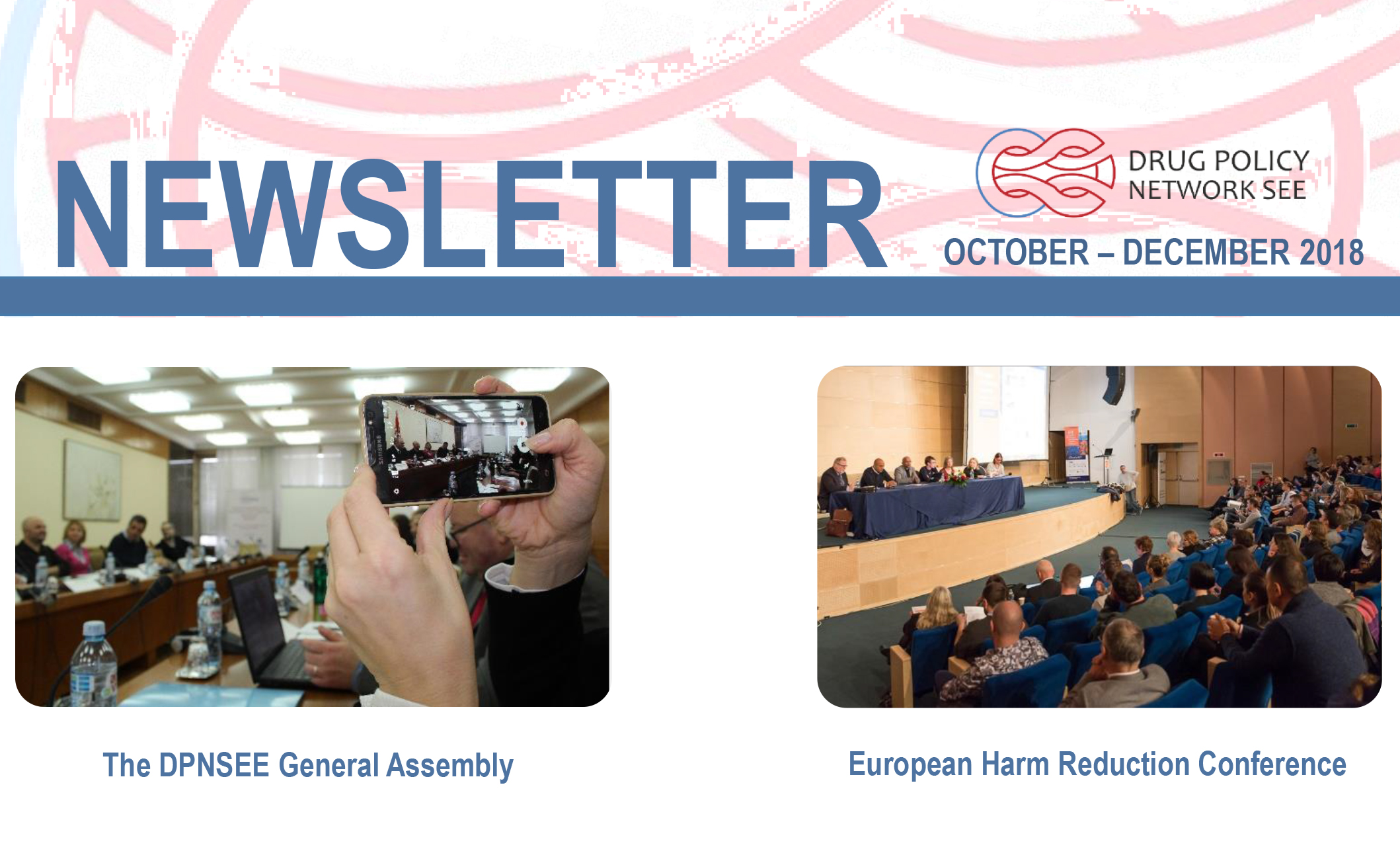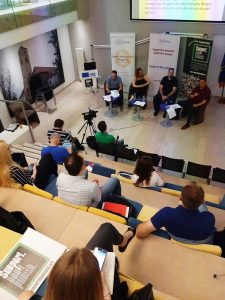 For the launch of the Global Day of Action, DPNSEE organised a “Kick-off event” to start the campaign in South East Europe. The event was held in the EU Info Centre in Belgrade, Kralja Milana 7, on 19 June 2019.
For the launch of the Global Day of Action, DPNSEE organised a “Kick-off event” to start the campaign in South East Europe. The event was held in the EU Info Centre in Belgrade, Kralja Milana 7, on 19 June 2019.
Besides journalists, representatives of colleague civil society organisations, UN agencies, Office for combating drugs and political parties were present.
Representatives of the Network presented the key findings from baseline research on “Documenting Drug Related Cases of Discrimination”. This small scale research aims on raising awareness on existing discrimination in different areas of everyday life, map the situation and make a base for the further advocacy actions in decreasing stigma and discrimination towards people who use drugs.
DPNSEE also presented the proposal for decriminalisation of drug use and possession made to the Working group on changes to the Criminal Law in Serbia. The proposal was submitted to the Working Group for amendments to the Criminal Law but unfortunately was not supported.

DPNSEE member organisation Prevent presented results of the regional project “Budget Advocacy Monitoring in South East Europe” in Serbia. That included analysis of the national budgets for 4 last years with a specific focus on health and harm reduction, execution of the budget and excises, and the Declaration for sustainable national response to HIV.
Re Generation presented the results of their research “How the closing of the needle exchange programs affected the access to harm reduction services in two cities – Belgrade and Budapest“.
Finally, DPNSEE representatives presented the activities in the region in scope of the Support. Don’t Punish campaign.

To find out what is planned in your city or country, follow this link>>>
To see more about the campaign worldwide, follow this link>>>


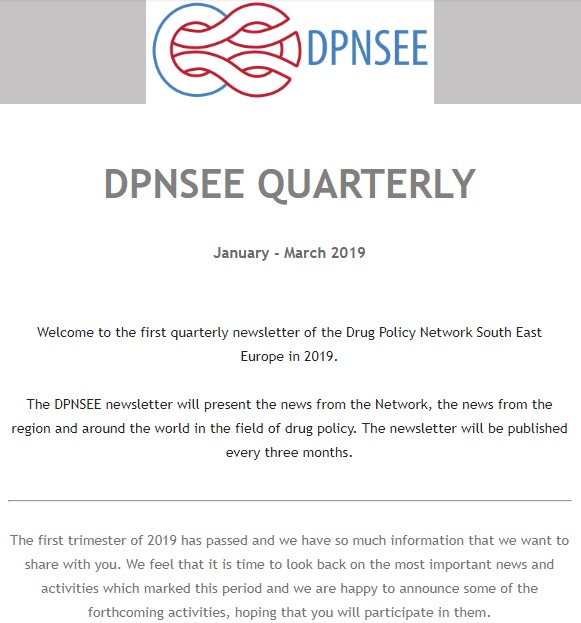
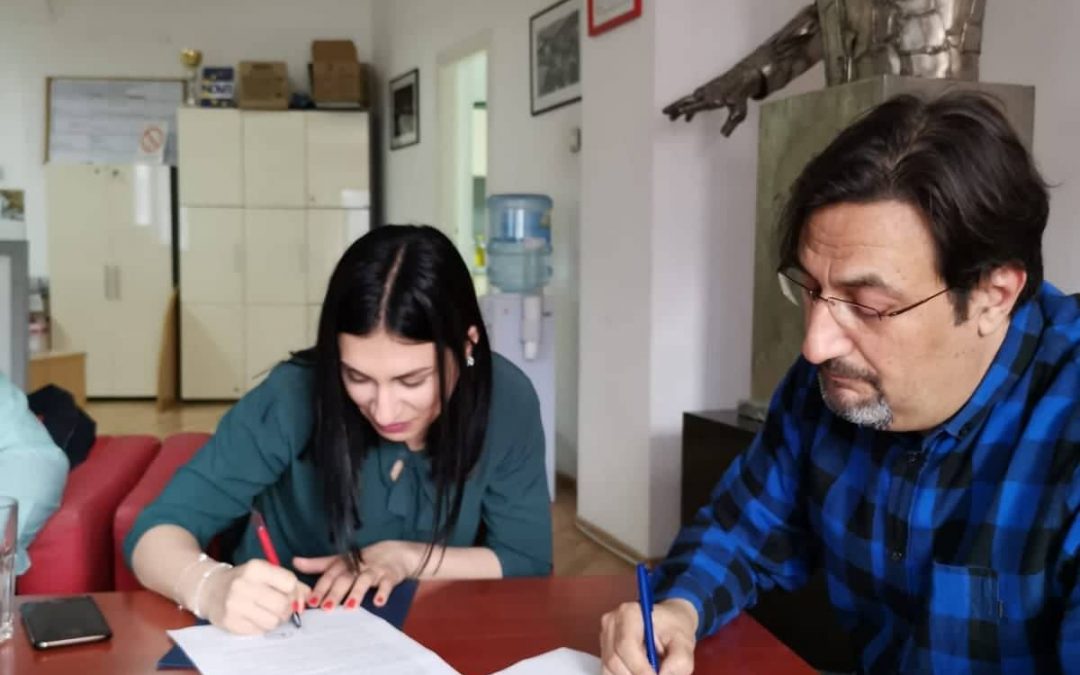
 The President of the Council of the Nova stranka, Aris Movsesian said that it is normal for the Nova stranka, as well as all other political parties, to sign this declaration. Nova stranka is committed to joining the European Union, and the last year’s European Commission report calls for regulating the treatment of HIV patients, specifically in Chapter 28 where such measures are proposed. Nova stranka also emphasises in point 8 of their Action Plan the problem of relations with vulnerable groups of citizens.
The President of the Council of the Nova stranka, Aris Movsesian said that it is normal for the Nova stranka, as well as all other political parties, to sign this declaration. Nova stranka is committed to joining the European Union, and the last year’s European Commission report calls for regulating the treatment of HIV patients, specifically in Chapter 28 where such measures are proposed. Nova stranka also emphasises in point 8 of their Action Plan the problem of relations with vulnerable groups of citizens.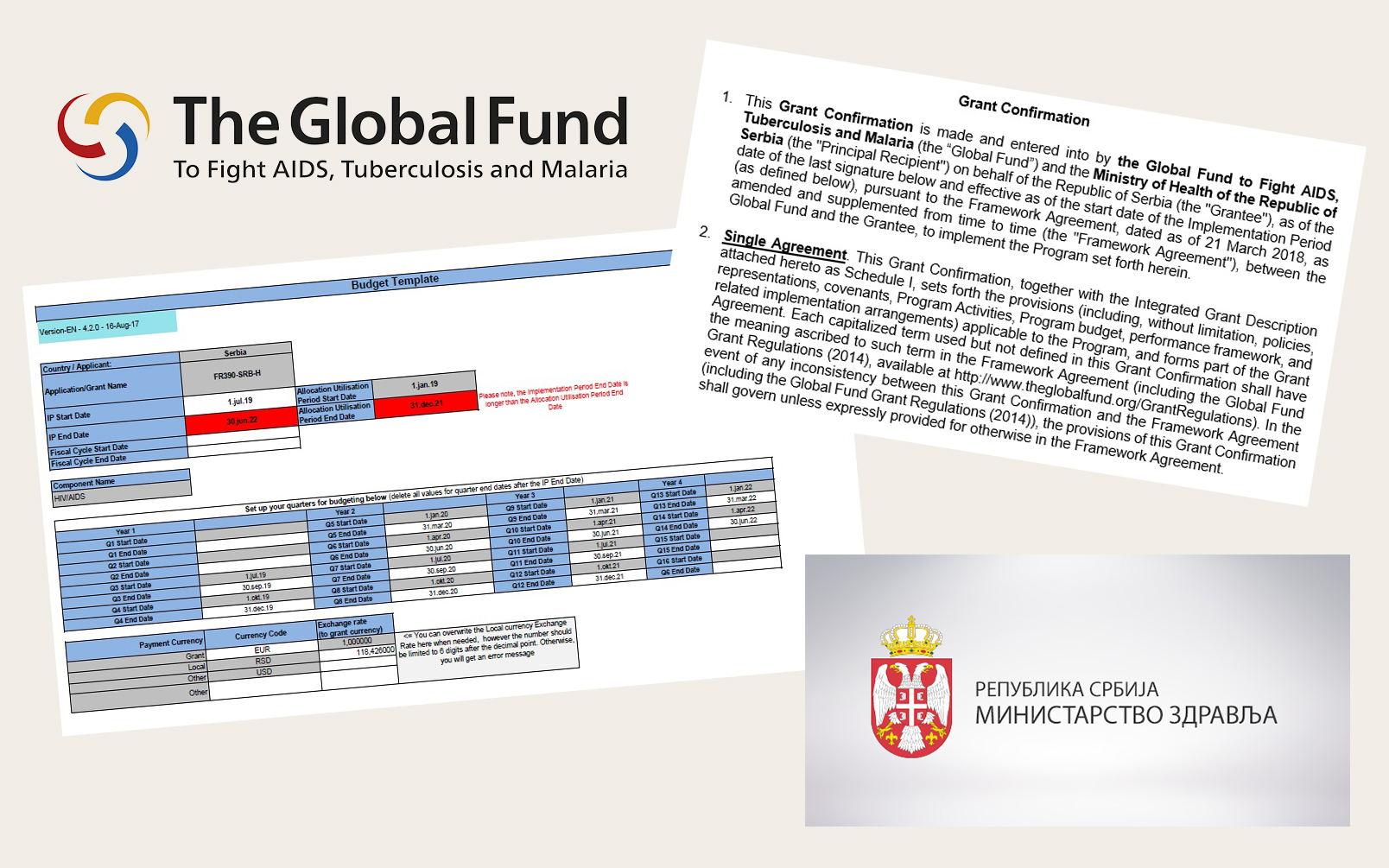


 The meeting began with a ministerial segment on 14 and 15 March aimed at taking stock of the implementation of the commitments made to jointly address and counter the world drug problem.
The meeting began with a ministerial segment on 14 and 15 March aimed at taking stock of the implementation of the commitments made to jointly address and counter the world drug problem.
